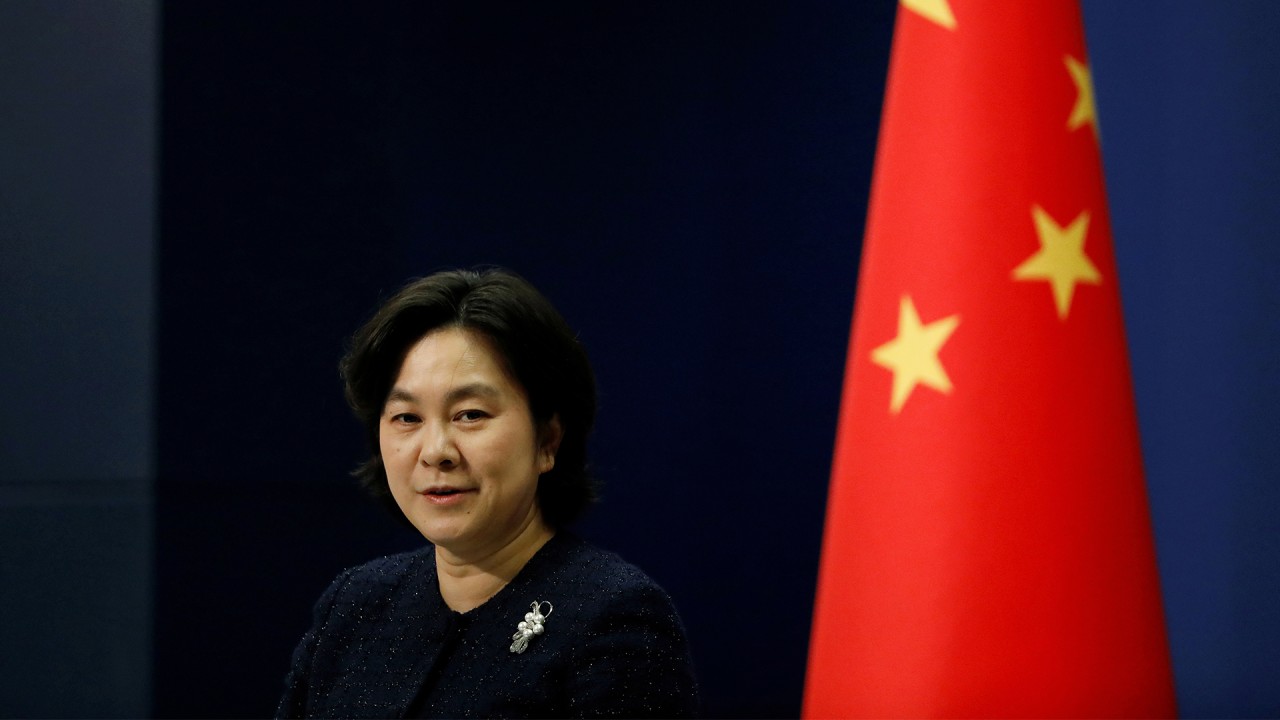
A Twitter censorship conundrum for Elon Musk, champion of free speech
- Musk’s biggest challenge will be how to deal with governments like Beijing, Moscow, Tehran and Kabul that censor Twitter while using it to push anti-US propaganda
- To truly protect freedom of speech, he may have to block the government-linked accounts of any country that doesn’t respect it
Americans of a certain age will remember the free speech battles of the 1970s and 1980s, when the American Civil Liberties Union was one of free speech’s fiercest protectors and when conservative police forces around the country protected even the most odious groups demonstrating on America’s streets because they were Americans, which gave them the right to be odious at the top of their lungs.
One of the most moving photographs I’ve ever seen was of a black police officer protecting a Ku Klux Klansman from an anti-Klan mob at a KKK rally in the 1980s. (It still moves me today.) Seeing it made it hard not to want to defend free speech myself. I often did.
After moving to Asia in the mid-1990s and getting to know people in countries where governments were less liberal and citizens more circumspect about what they said in public, I often had the chance to defend it, even if it wasn’t hard to understand the allure of moderation.
As a Malaysian friend put it after I explained how Americans could call their leaders pretty much any bad thing they wanted and not fear the gulag: “Sure, you could say that, but why would you?” That was hard to argue with.
Musk’s real headache will be what to do about tweets coming from every other country in the world, none of which protects free speech as rigorously as the US.
A real conundrum though, may be what to do about US adversaries on Twitter. This is already being pointed out by Musk’s critics, such as Amazon founder and Washington Post owner Jeff Bezos, who suggested the one man in the world richer than him might prove himself less principled than a free-speech absolutist should be when it comes to China.
How Chinese state media paints an alternative picture of Ukraine war
Musk’s best approach, counterintuitive as it may sound given his absolutist claim, may be to “suspend” the government-linked accounts of any country that doesn’t respect freedom of speech.
Here, I’ll borrow from The New York Times 1930s Soviet apologist Walter Duranty – who justified mass Ukrainian deaths caused by Joseph Stalin trying to build the Soviet Union by saying, “you can’t make an omelette without breaking eggs”.
If Musk really believes free speech is an essential part of civilisation, he’ll jettison from Twitter the unanswerable mouthpieces of governments that would seek to shut us all up as they fight the battle for civilisation with their propaganda, and he’ll demand reciprocity as the price of re-entry.
Unlike Stalin’s broken eggs, these eggs will be broken in pursuit of a good omelette. If Musk is a real free-speech absolutist, he may need the courage to shut up a few voices now and then to make sure all voices will be heard in the future.
Robert Boxwell is director of the consultancy Opera Advisors


